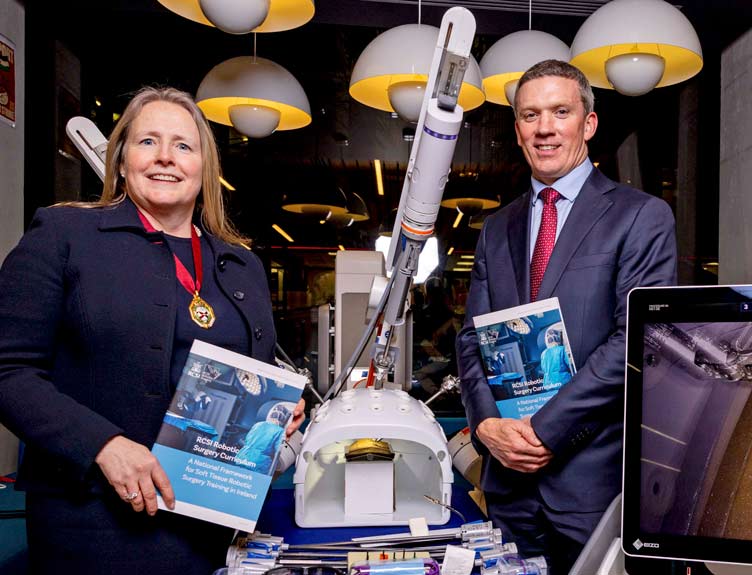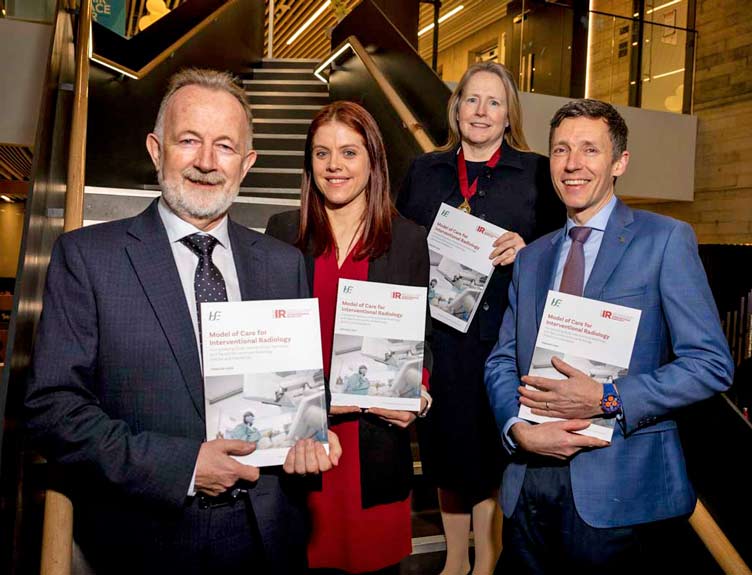New research from RCSI highlights urgent need for national policy to support fracture prevention services
A new Irish survey has highlighted the need for a national policy to implement effective high-quality Fracture Liaison Services (FLS) across Irish hospitals with the aim of reducing the risk of fractures in patients.
The national survey, the first to be completed in Ireland, indicates that the implementation, and resourcing, of a national FLS would bring fracture prevention services in Irish hospitals in line with international standards. A national FLS would offer substantial cost savings to the health service and improve outcomes and quality of life for patients.
In Ireland, the predicted increase by 2030 in fragility fractures is 58%, the highest of all EU countries.
The survey found that no trauma sites in Ireland are capturing all fracture patients. 50% of all sites reported that patients received their first prescription for osteoporosis medication within four months of a fracture.
Dr Frances Dockery, Joint Clinical Lead for the Fracture Liaison Service Database, said: "We urgently need a policy to support the national implementation of FLS across Irish trauma hospitals. FLSs provide the best method of identifying, treating and monitoring these patients and are proven to reduce fracture numbers, improve treatment for patients and substantially reduce the cost burden to the health service."
Sixteen public hospitals were invited to participate in the survey with a 100% response rate. Ten sites (62.5%) reported the existence of FLS and managed 3,444 non hip fractures during 2019, representing 19% of the expected non-hip fragility fracture numbers occurring annually in Ireland.
Six of the ten sites surveyed reported their services being established for more than a decade but, due to inadequate resourcing, they were failing to meet the 13 standards as outlined in the International Best Practice Framework, "Capture the Fracture". However, elements of a high quality FLS were being attained including a comprehensive falls risk assessment.
Mr Paddy Kenny, Joint National Clinical Lead for the National Clinical Programme for Trauma and Orthopaedic Surgery (NCPTOS), said: "The publication and findings of the facilities survey demonstrates the need for the implementation of FLS nationally as a matter of urgency. FLS has been proven internationally to be effective clinically and economically for the management of secondary fracture prevention. This service will result in reduced hospital admissions. The programme fully supports the establishment of the FLS Database which will be publishing its preliminary report and recommendations later this year."



